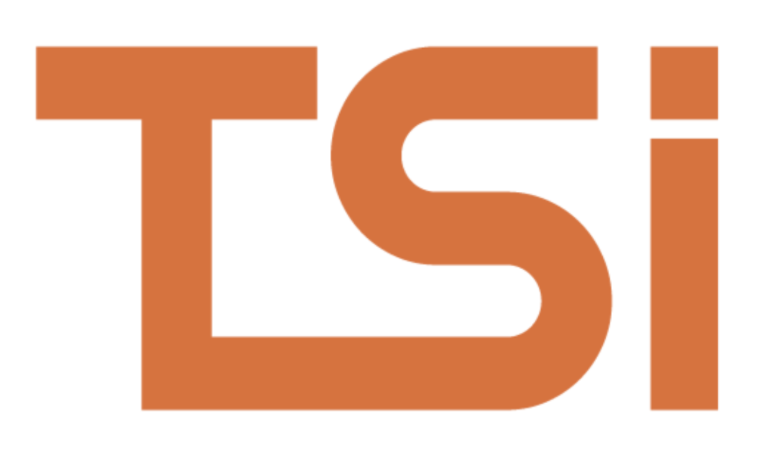This year we’ve focused on helping our portfolio companies and advisory clients gain technology pilots and licensing agreements with larger travel companies. We won’t sugar coat it, it’s a tough road.
We’ve successfully facilitated deals with GDS’s, Travel Management Companies, Airlines and Destination & Tourism Bureaus. Besides having a technology that is in demand, the key to success lies in three factors.
- Your startup needs to know what travel companies are piloting and who at the company is the Innovation leader that is sourcing deals or new technology for pilots.
- Your travel technology or solution has to solve a problem the corporate currently has and understands or meets one of their core innovation objectives.
- Your revenue model or how you make money has to align with their sales model.
Last week, I attended The Beat Live conference in Dallas, Texas. The conference catered to business travel and larger corporate travel companies. There were 100+ CEOs, Presidents, VP’s and Directors from almost every major travel company in the Airline, GDS and TMC verticals.
I participated on the Emerging Technology Panel with Miriam Moscovici, director of emerging technologies with BCD Travel, Suzanna Chiu, head of Amadeus Ventures and Ellen Keszler, CEO, Clear Sky Associates.

During the panel, I framed out a simple plan on how I believe the corporates in the room could engage with startups through piloting.
- Establish a piloting program within your Innovation Group or Business Development department.
- Reach out to the dozen or so travel technology incubators and accelerators to source deal flow for what you need.
- Segment off a sandbox or a small group of customers in your technology stack to pilot the new technology.
- Pay a small fee to each startup that enters the piloting program and system and a fee to the incubator or accelerator for the referral.
- Pilot 20 technologies per year. Similar to the “Power Law” in Venture Capital investing, a handful of the 20 will be valuable, impacting your business, creating a positive ROI for the pilot program.
Discussions during the conference centered on 2 themes, NDC the IATA distribution schema and the need to implement new technology quicker. A corporate piloting program is one way to create speed to market vs. trying to build the technology in house through an R&D department.
During the Buyers Table Panel, 3 corporate buyers of travel management services discussed innovation and technology. Panelist Yukari Tortorich, of Discovery Communications provided insight on how travel startups could pilot new technologies with her company.
- Offer a free trial service of 30-60 days. If you charge upfront you won’t get an opportunity.
- Monetize or charge your fee when your technology is part of the transaction or when a transaction takes place. It’s easier for the corporates to pay your fee after revenue has been earned.
In summary, startups need to spend time finding out who at a corporate travel company is sourcing new technology and has a pilot program. Second, startups need to make it very easy for corporates to pilot technology with a model to monetize after the trial period. Make sure your monetization model aligns with how the corporate makes money.
At TSI, we’ve built a corporate innovation and business development network and offer intros of new technologies to the network for pilots. If you have travel technology that is in demand for Airlines, GDS’s, TMC’s and Destination/Tourism Bureaus, please apply to our advisory program.
